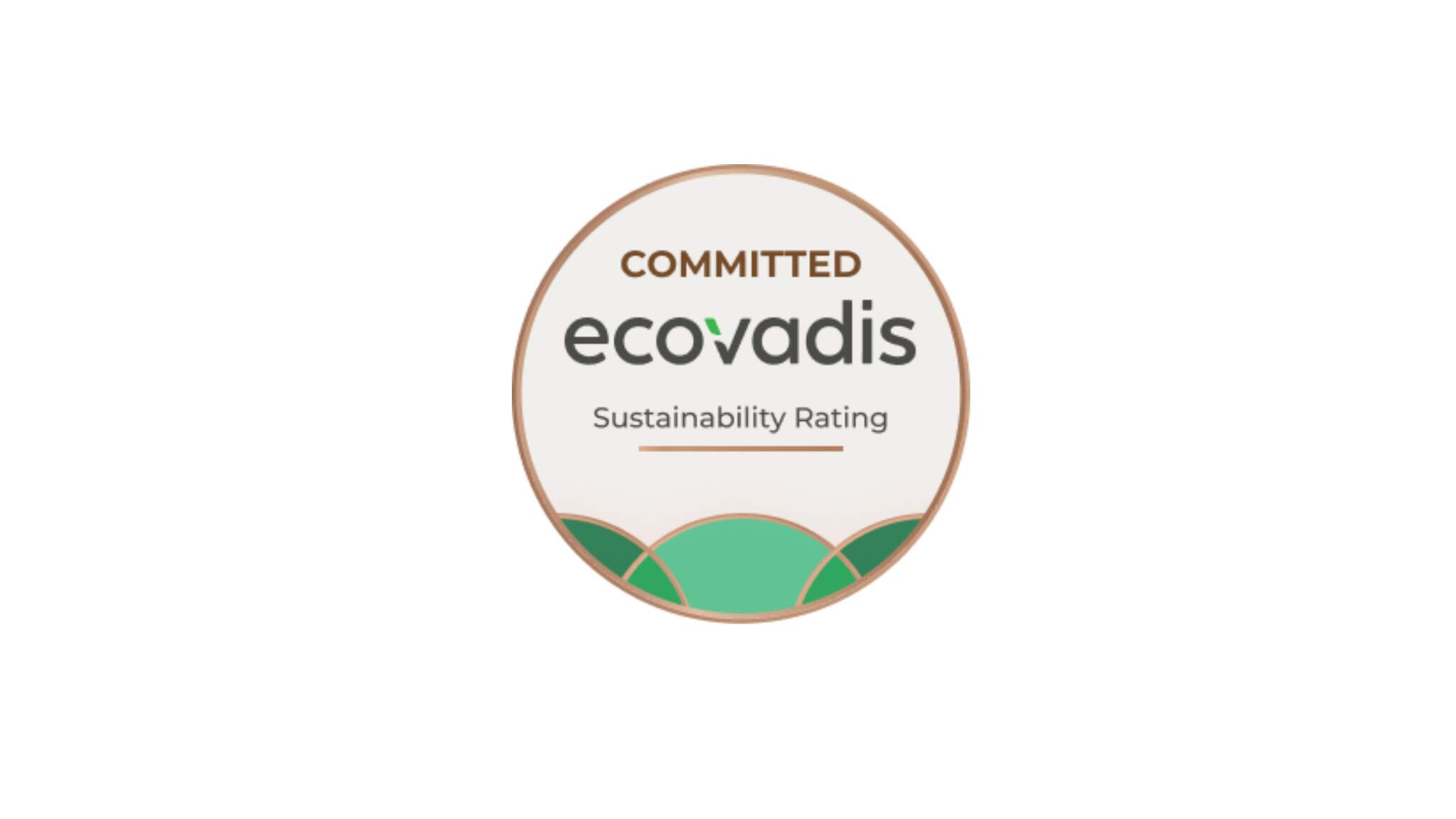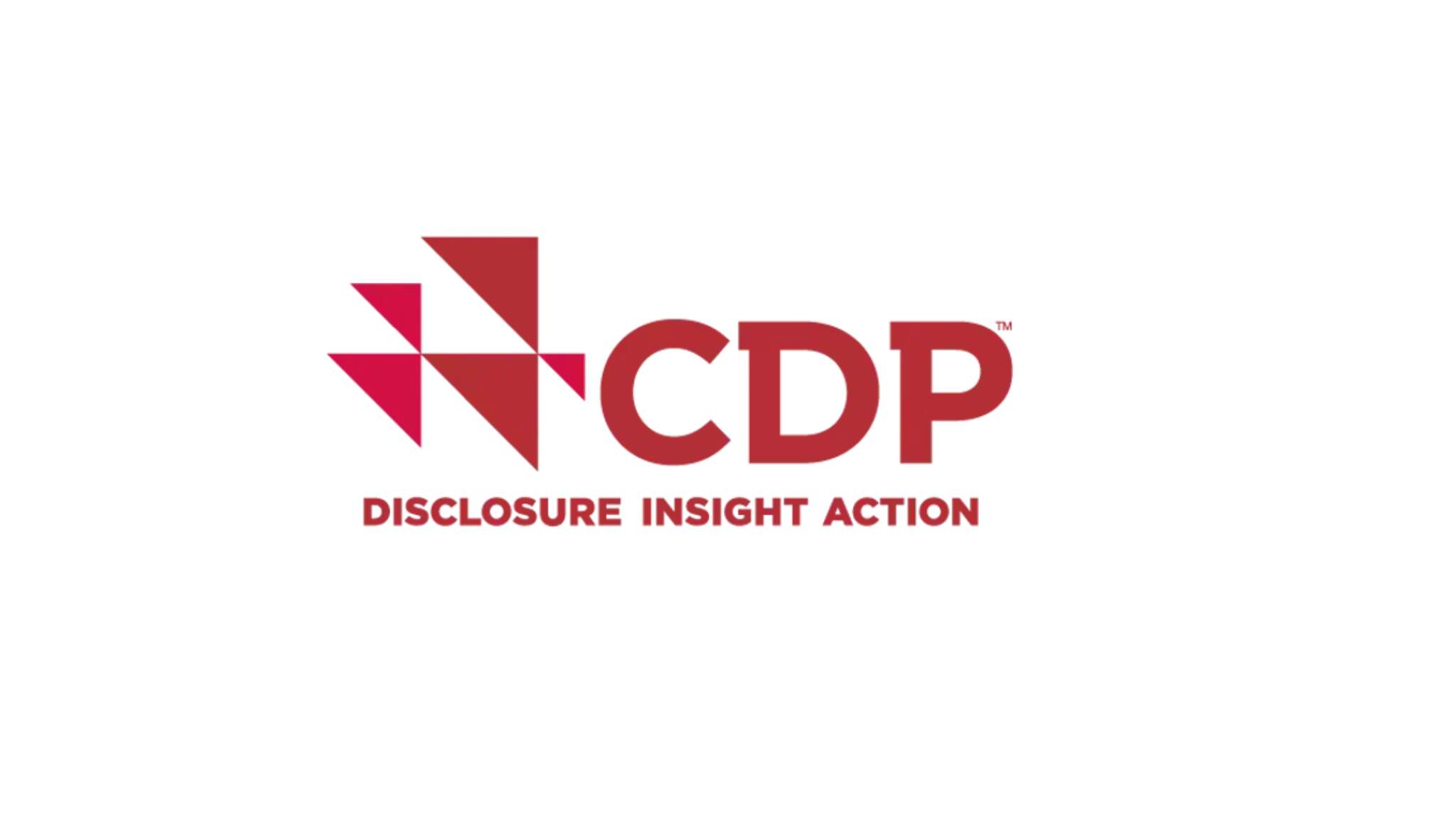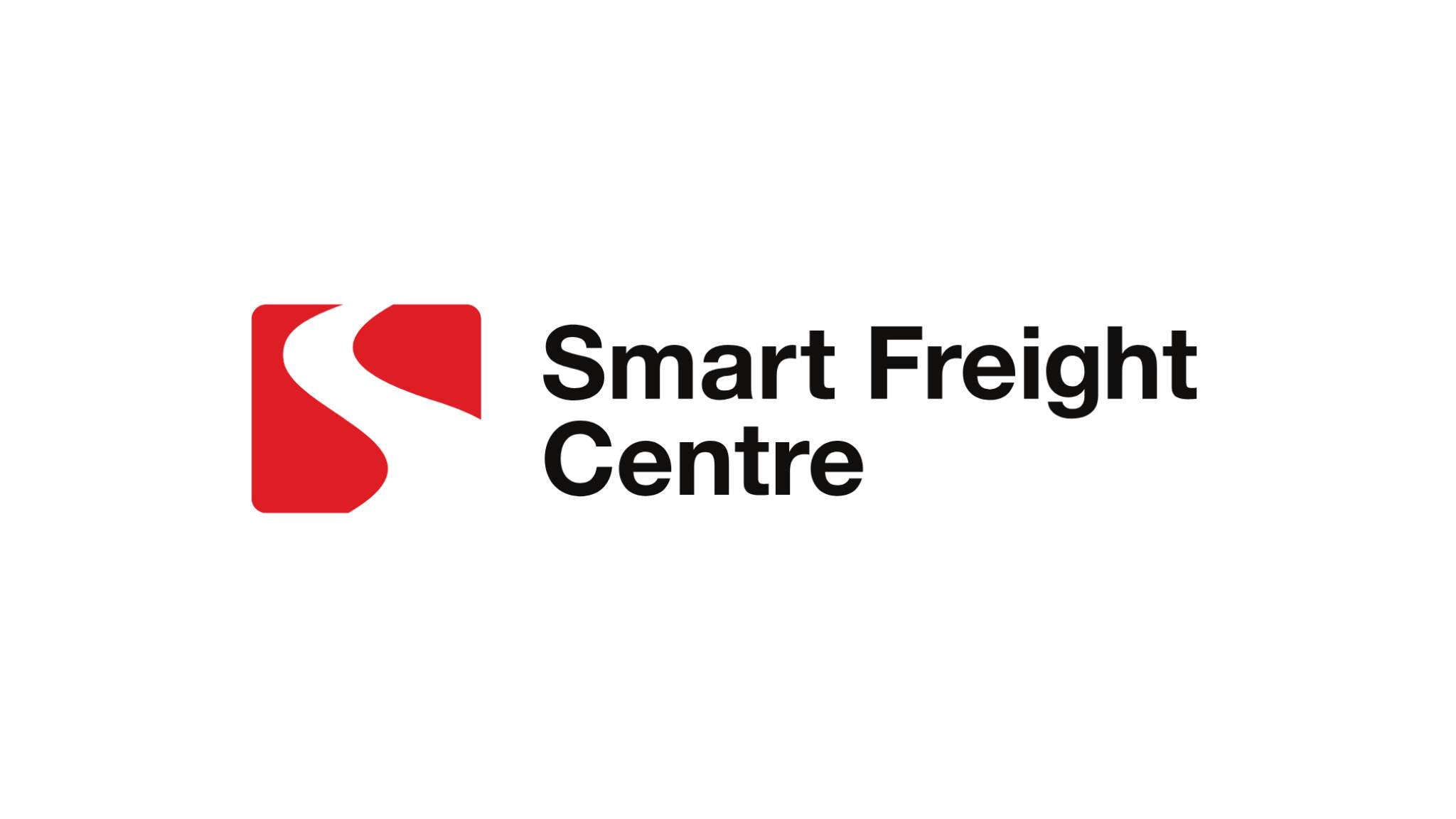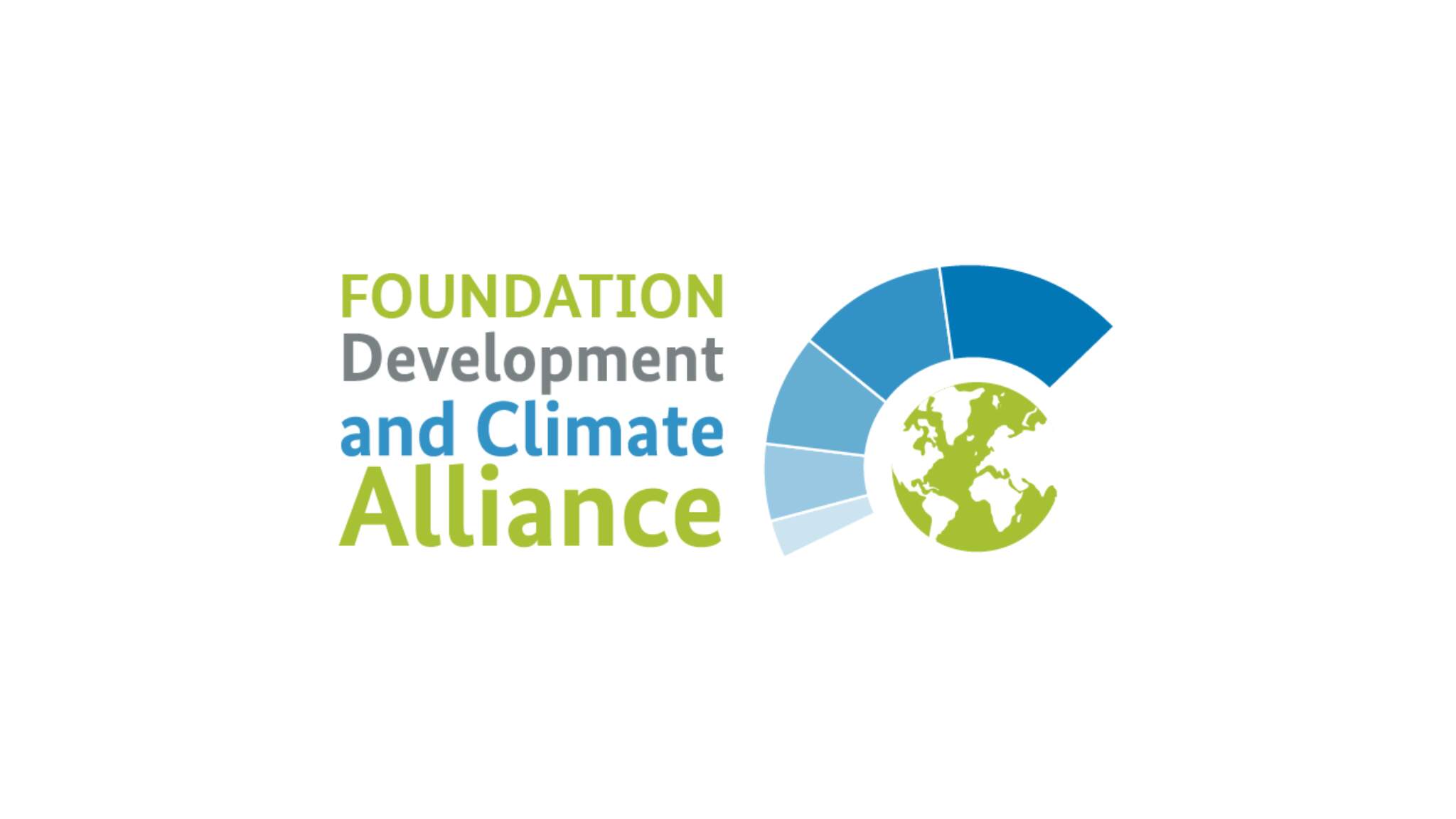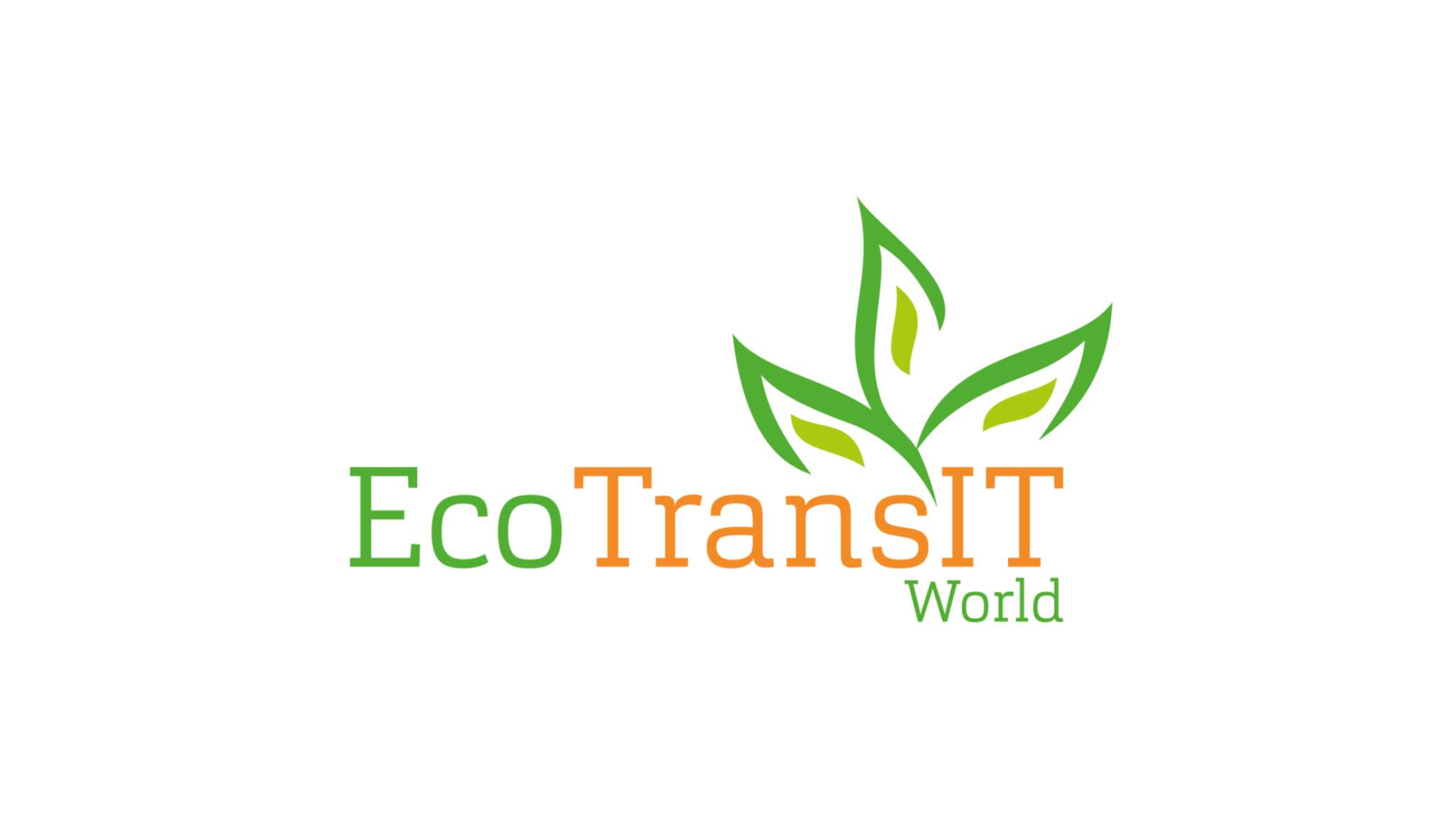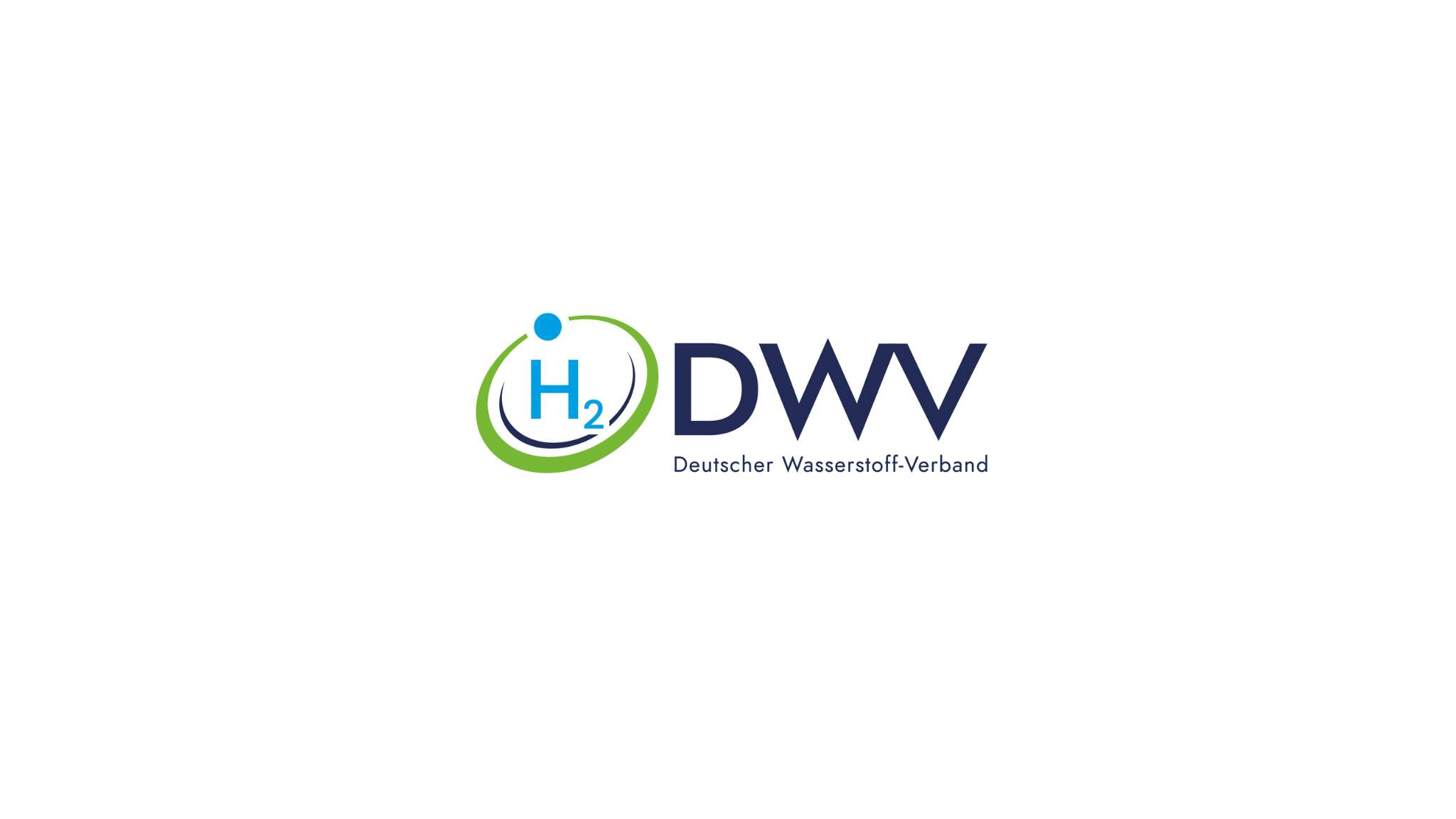Environmental and climate protection at DACHSER
For DACHSER, as a logistics provider, contributing to environmental protection is a key challenge. Transport and warehousing remain energy-intensive, creating significant CO2 emissions. With global economic growth driving transport demand, logistics must minimize its climate impact through technical optimizations to align with sustainability goals.
Relying on “climate-neutral” certificates is not a viable long-term solution, as it fails to reduce emissions. Avoiding and reducing emissions is more effective, even though this approach is far more complex and difficult. Compensation projects are justified only after all technical reduction options are exhausted and must meet recognized quality standards.
Our areas of action
DACHSER focuses on four action areas to achieve significant progress in environmental and climate protection: Process efficiency, energy efficiency, research and innovation, and social commitment beyond the company.
Process efficiency minimizes unnecessary transports and energy consumption through optimally planned goods and information flows, reducing greenhouse gas emissions for customers and service providers. DACHSER's efficient logistics network combines centralized and decentralized planning, modern facilities, IT systems, and skilled employees. Continuous improvements include AI, IoT applications, fully loaded trucks, mega trailers, long trucks, and the avoidance of empty kilometers, and multimodal transport in combined logistics.
Energy efficiency means using energy-saving solutions and low-emission technologies in terminals, warehouses, offices, and transport. DACHSER operates all logistics facilities using 100% green electricity and invests in PV installations. Efficiency measures include LED lighting, battery-powered forklifts, heat recovery, modern vehicles, and alternative drive systems. In defined city areas, emission-free deliveries by electric trucks or cargo bikes are standard. By 2025, DACHSER Emission-Free Delivery will cover 25 European cities.
We drive emission-free logistics through research, innovation, and various partnerships. In particular, we are focusing on vehicles, fuels, and energies that meet EU standards, including battery electric (BEV) and hydrogen fuel cell vehicles (FCEV) in short- and long distances. Beyond this, research and innovation in digitalization and AI-supported process optimization further reduce emissions. Here, the DACHSER Enterprise Lab, with Fraunhofer IML, develops innovations to make goods flow and processes more digital, efficient, and sustainable.
As part of its sustainability strategy, DACHSER supports social and climate action initiatives through its Corporate Citizen+ program in low- and middle-income countries. Since 2005, it has partnered with terre des hommes to improve education and living conditions for children. In 2023, DACHSER expanded its efforts by signing a partnership with myclimate and terre des hommes to implement need-based community projects with a focus on reducing greenhouse gas emissions, supporting climate adaptation, and driveing sustainable change.



